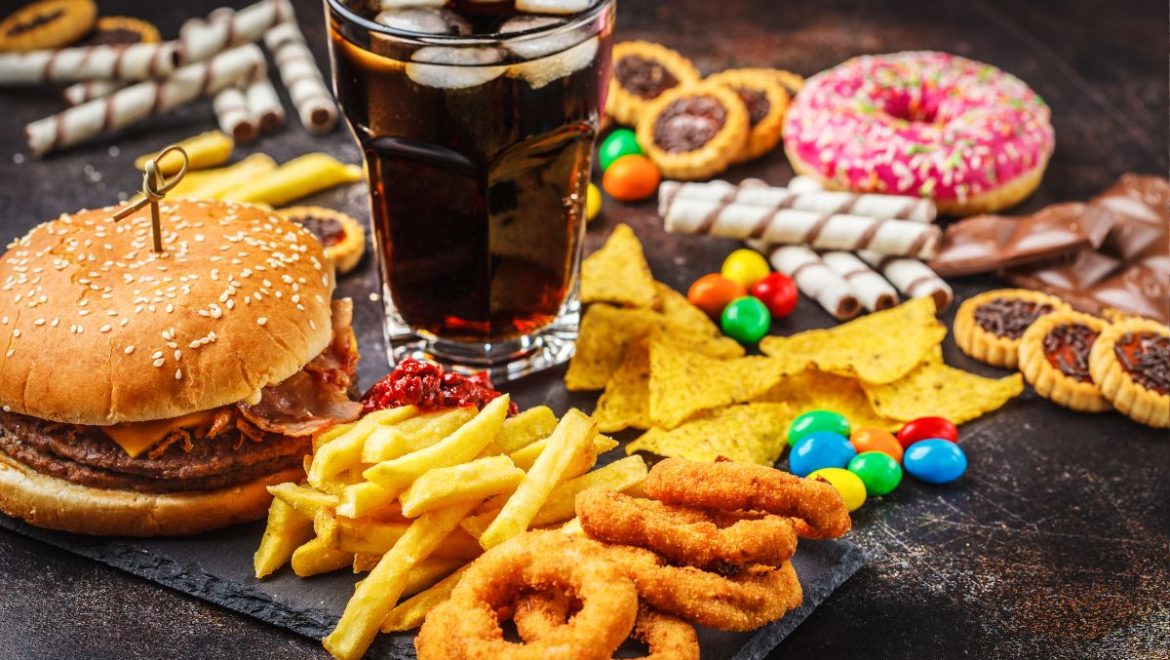
Ultra-processed Foods: A Daily Reality for Many Americans
Whether they know it or not, most Americans don’t go a day — or even a single meal — without consuming ultra-processed foods. From sugary cereals at breakfast to frozen pizzas at dinner, plus snacks like potato chips, sodas, and ice cream in between, ultra-processed foods make up about 60% of the American diet. For kids and teens, the number is even higher, with ultra-processed foods comprising about two-thirds of their diet.
Health Concerns Linked to Ultra-processed Foods
This trend is alarming because ultra-processed foods have been linked to numerous negative health effects, including obesity, diabetes, heart disease, depression, and dementia. A recent study even suggested that eating these foods could increase the risk of early death. However, nutrition science is complex, and most research so far has only shown correlations, not definitive proof, regarding the health consequences of these foods.
The Argument for Ultra-processed Foods
Food manufacturers argue that processing boosts food safety and supply while offering a cheap, convenient way to provide a diverse and nutritious diet. Even if the science were clear, practical advice is challenging to offer, given that ultra-processed foods account for what one study estimates to be 73% of the U.S. food supply.
Understanding Ultra-processed Foods
Most foods are processed in some way, whether through freezing, grinding, fermentation, pasteurization, or other methods. In 2009, Brazilian epidemiologist Carlos Monteiro and colleagues proposed a system that classifies foods by their level of processing, rather than nutrient content. At the top of this four-tier scale are foods created through industrial processes, with ingredients like additives, colors, and preservatives that can’t be replicated in a home kitchen.
The Appeal of Ultra-processed Foods
“These are most, but not all, of the packaged foods you see,” says Kevin Hall, a researcher focusing on metabolism and diet at the National Institutes of Health. Such foods are often made to be both cheap and irresistibly delicious, says Dr. Neena Prasad, director of the Bloomberg Philanthropies’ Food Policy Program. “They have just the right combination of sugar, salt, and fat, making them hard to resist,” Prasad explains.
Are Ultra-processed Foods Always Harmful?
Hall points out that the level of processing alone doesn’t determine whether a food is unhealthy. Whole-grain bread, yogurt, tofu, and infant formula are highly processed but also nutritious. While many studies suggest that diets high in ultra-processed foods are linked to negative health outcomes, these studies often can’t prove causation. Moreover, ultra-processed foods tend to be higher in sodium, saturated fat, and sugar, and lower in fiber and protein, though it’s unclear if these nutrients alone are to blame.
Research on Ultra-processed Foods and Health
Hall and his colleagues conducted a study comparing the effects of ultra-processed and unprocessed diets. Participants ate as much as they wanted from either diet for two weeks each. The results showed that participants consumed about 500 more calories per day and gained weight on the ultra-processed diet compared to the unprocessed one. Hall is currently conducting more detailed research to understand better how ultra-processed foods might impact health.
Calls for Regulation of Ultra-processed Foods
Some advocates, like Prasad, believe the existing body of research is sufficient to prompt policy changes. She supports measures such as higher taxes on sugary drinks, stricter sodium limits for manufacturers, and restrictions on marketing these foods to children. FDA Commissioner Robert Califf has acknowledged the complexity of regulating ultra-processed foods, emphasizing the need for a solid scientific basis before taking action.
Managing Ultra-processed Foods at Home
In countries like the U.S., avoiding highly processed foods is challenging, and it’s unclear which ones should be avoided. Aviva Musicus, science director for the Center for Science in the Public Interest, suggests being mindful of the ingredients in foods and making choices that align with current U.S. Dietary Guidelines.
“We have strong evidence that added sugars and high-sodium foods are detrimental to our health,” Musicus says. “Conversely, minimally processed fruits and vegetables are beneficial.”
A Balanced Approach to Food
Musicus emphasizes that it’s important not to demonize certain foods, especially since many people lack the time or resources to cook meals from scratch. “Food should be a source of joy and nourishment, not moral judgment,” she concludes.
References:
Associated Press – https://apnews.com/article/ultraprocessed-foods-healthy-diet-0501eb985016149541e6cc727e55dfea
